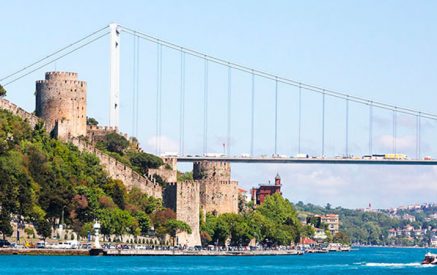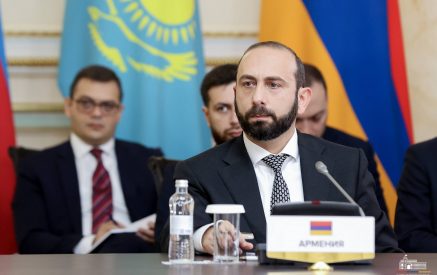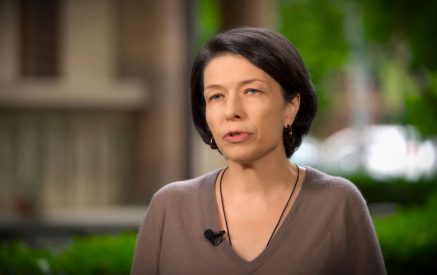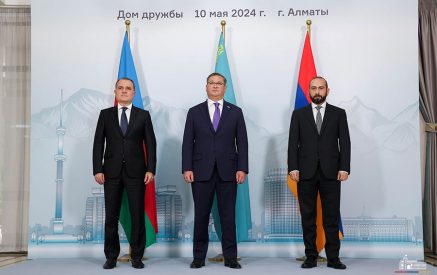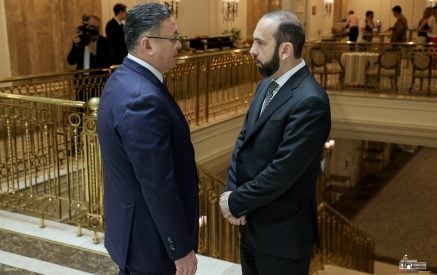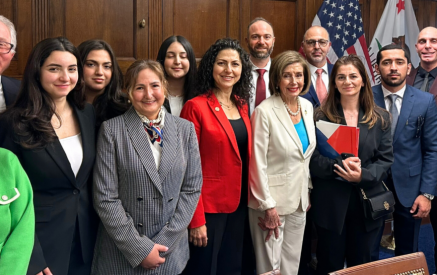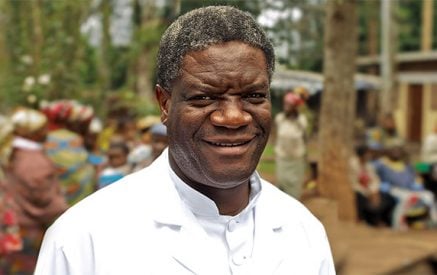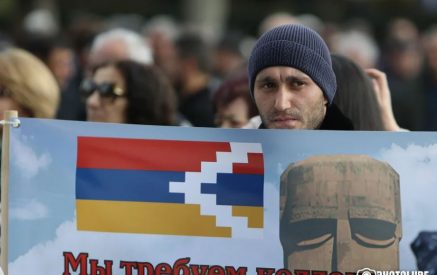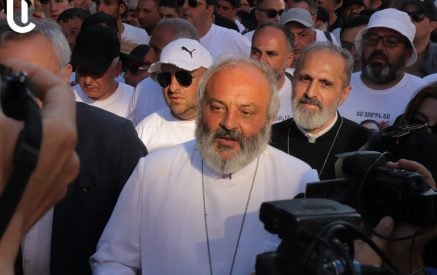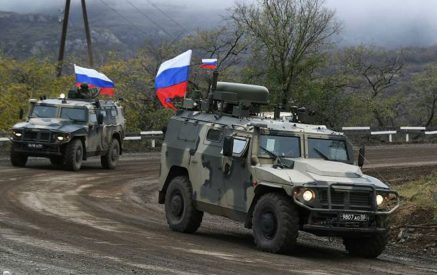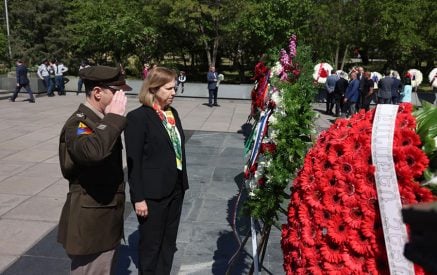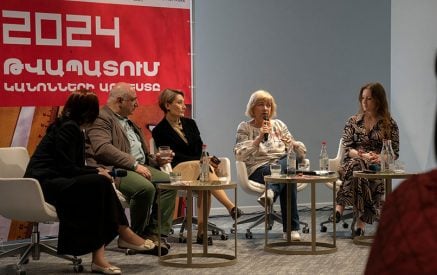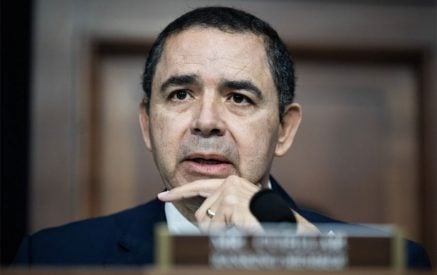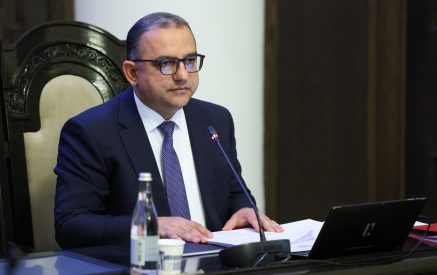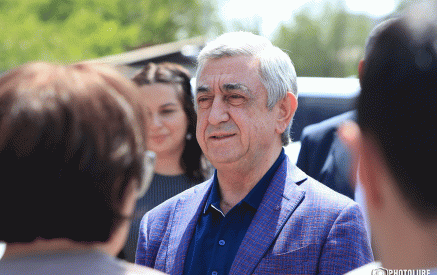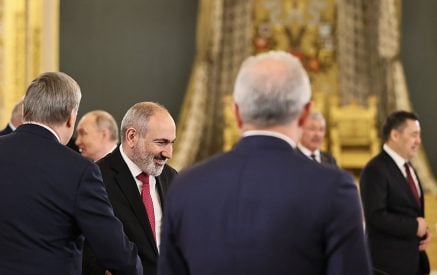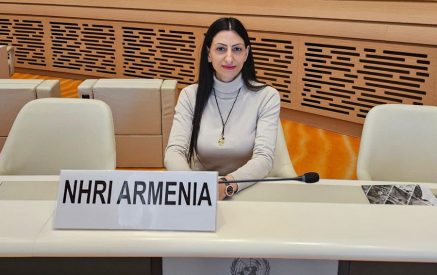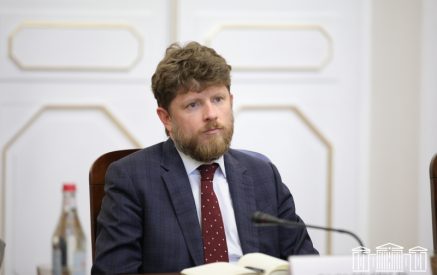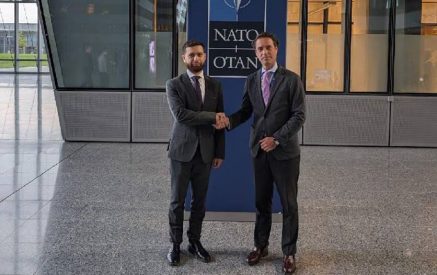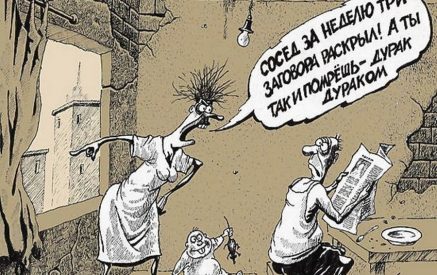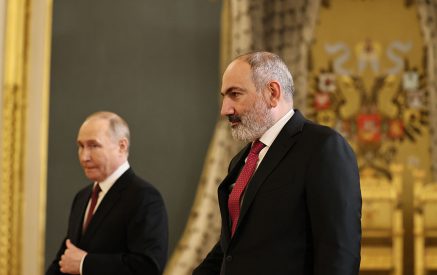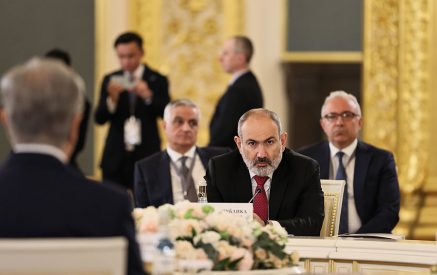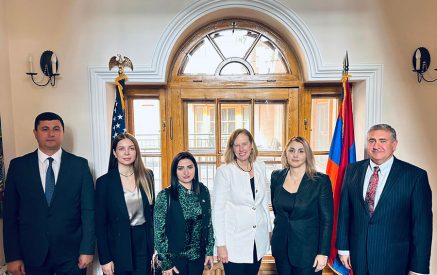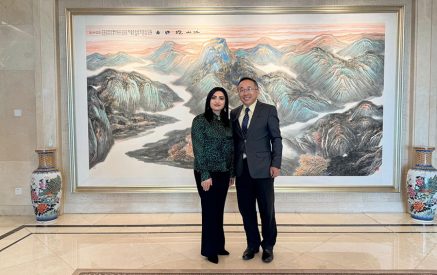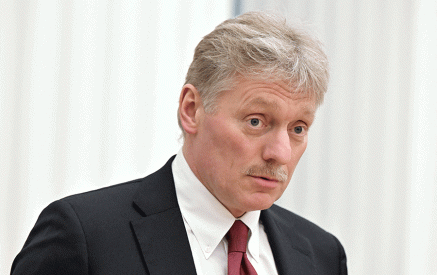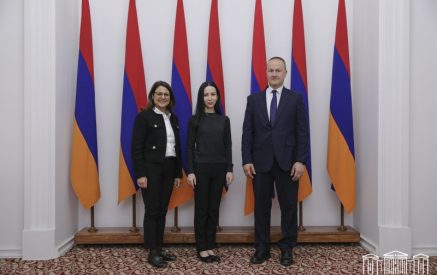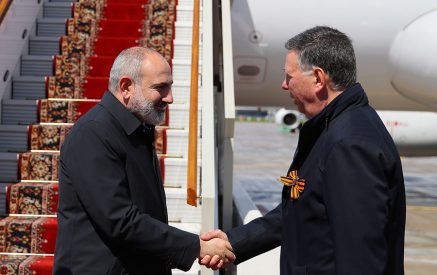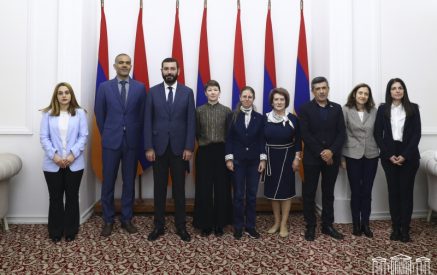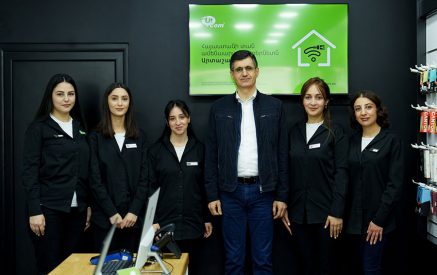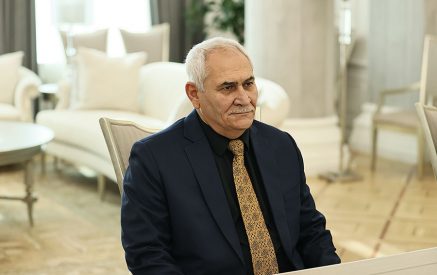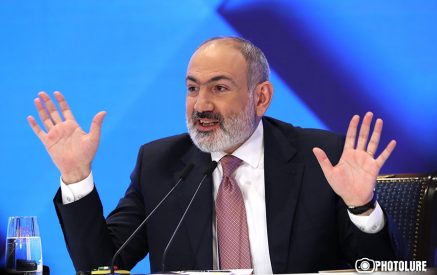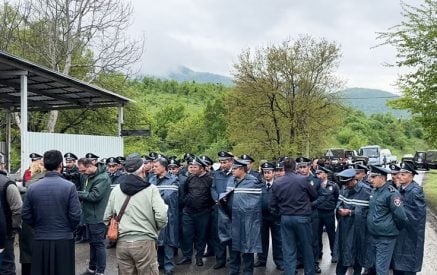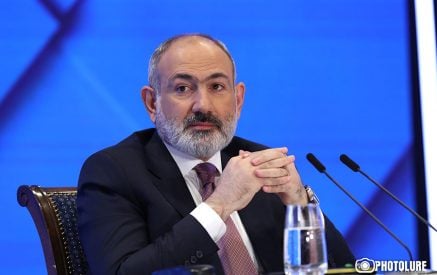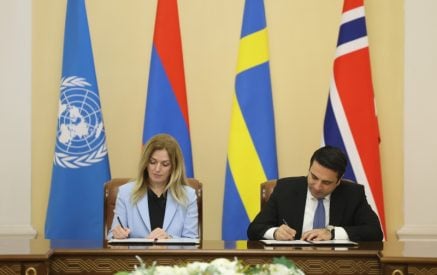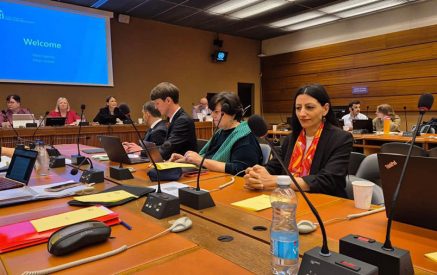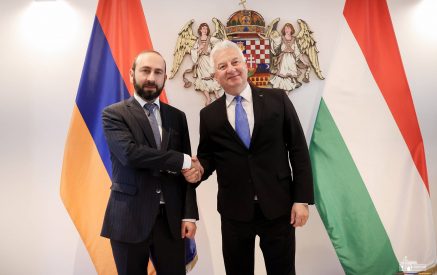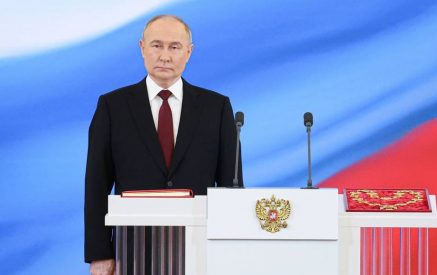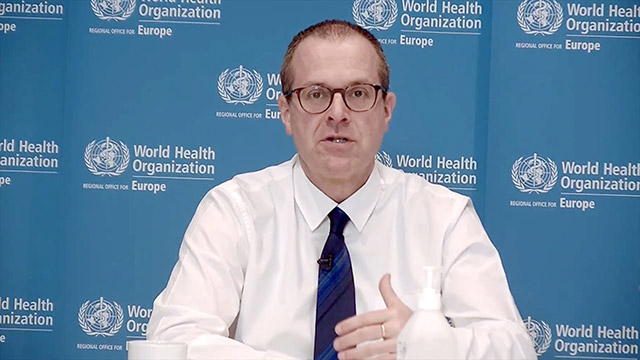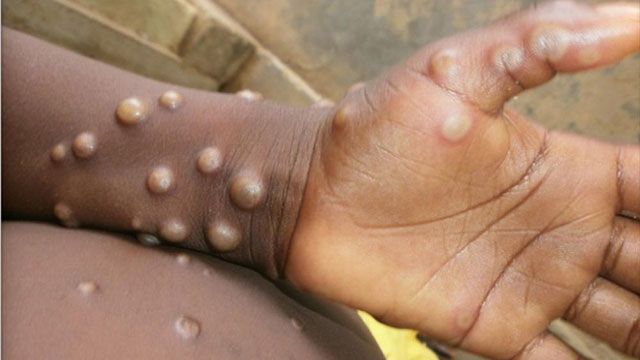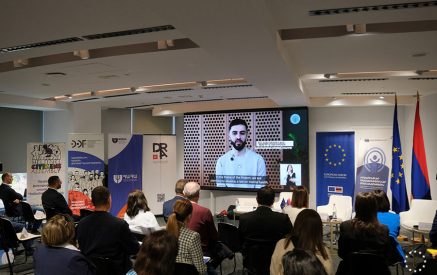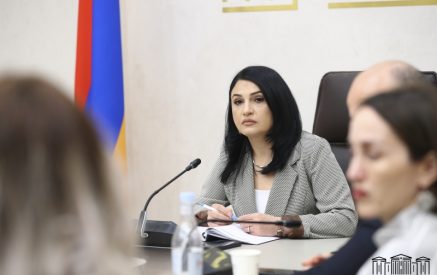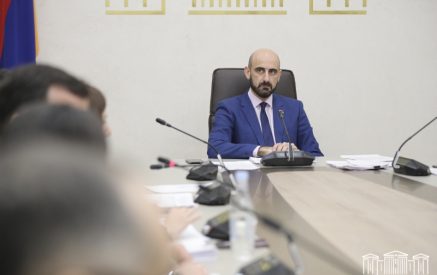Statement by WHO Regional Director for Europe, Dr Hans Henri P. Kluge
With the WHO Director-General having declared the escalating global monkeypox outbreak a Public Health Emergency of International Concern (PHEIC), all WHO Member States, whether they have reported cases or not, must now act with urgency, making the most of every opportunity to anticipate, control and stop the spread of a virus that we still have much to learn about.
The outbreak initially surfaced in WHO’s European Region – encompassing 53 countries across Europe and Central Asia – which continues to record the vast majority of cases, centred primarily among men who have sex with men. Solutions to tackle the outbreak must therefore also come from the Region, without stigma and discrimination towards affected communities and in close partnership with them.
Let’s lay out what we know – and what we need to do.
Read also
Monkeypox is, in general, a self-limiting, non-life-threatening disease in otherwise healthy persons. The disease is better known in African countries where it has been observed over decades, and where deaths – five so far this year – have occasionally been reported, including in children and elderly persons as well as people with underlying conditions.
In the WHO European Region, the outbreak has seen the virus extend its reach rapidly, with 37 countries and areas affected as of today, with evidence of continued local transmission. From 13 May through 22 July, close to 12,000 probable or confirmed cases, mostly in men who have sex with men (MSM), have been reported in the Region, of whom 8% were hospitalized with, fortunately, no deaths to date.
Beyond social and sexual networks of MSM, it’s clear that cases in other population groups, including women and children – some of whom may be vulnerable to more severe disease – are increasing, although these remain minimal. Close contact sexual transmission is the key mode of spread but cases are being detected through household transmission episodes, and sometimes with no clear exposure history at all.
While we acknowledge uncertainties about how this outbreak will play out, we must respond to the epidemiology before us, focusing on the most dominant mode of transmission – skin-to-skin contact during sexual encounters – and the groups at highest risk of infection. As such, the responsibility for stopping this outbreak is necessarily a joint responsibility, shared between health institutions and authorities, governments and affected communities and individuals themselves.
To health providers we say:
- Remove any and all barriers to testing, medical attention, or vaccination. Any barrier, however large or small, will act to prevent patients from coming forward.
- Provide clear information on how to access care, giving certified medical leave to patients for the duration of the infectious period so that they can isolate as needed.
- Be aware of what to look for. The presentation of cases may be atypical and so be alert to the possibility of monkeypox in the assessment of any patient – particularly but not only men who have sex with men, and not only patients with travel history to areas where monkeypox is known to be spreading.
- Remove any judgement or stigma from the patient pathway; the lessons of HIV/AIDS must not be forgotten.
To those currently at highest risk – men who have sex with men and especially those with multiple sexual partners – we say:
- Get the facts – we know how the disease is spreading, and also what one can do to protect oneself.
- Consider limiting your sexual partners and interactions at this time. This may be a tough message but exercising caution can safeguard you and your wider community.
- While vaccination may be available to some people with higher exposure risks, it is not a silver bullet, and we still ask you to take steps to lowering that risk for the time being.
- If you have or think you have monkeypox, you are infectious so do everything you can to prevent spreading the disease. Isolate if you can, do not have sex while you are recovering, and do not attend parties or large gatherings where close contact will happen.
To ministries of health and public health authorities, including in countries that have not yet reported any cases, we say:
- Significantly and swiftly boost national capacities for monkeypox surveillance, investigation, diagnostics and contact tracing to help identify and track every possible case. Many cases are likely going undetected, further fueling the outbreak.
- Genuinely work together with at-risk groups and communities and their leaders – including organisers of community events such as summertime Pride festivities – to develop and disseminate crucial messages aimed at curtailing transmission and encouraging uptake of health services.
- Do not waste precious time and resources. Urgently find ways to address the realities of this outbreak and make sure that the response is laser focused on stopping transmission in the groups and settings where it is happening or likely to.
To governments across Europe and Central Asia we say:
- There is a burning need for cross-regional collaboration, grounded in political will, to generate the evidence to support the use of vaccines and antivirals for monkeypox, as well as to target them to populations at highest infection risk.
- Countries must adhere to the principles of equity, helping ensure vaccines and antivirals reach those who need them the most, as opposed to stockpiling supplies and ‘going it alone’ – actions that are only detrimental to the wider public good as we’ve seen during the response to COVID-19.
In the face of uncertainty but with a clear rationale to declare a PHEIC, the WHO Director-General chose an approach based on no-regrets. I hope this development will help sharpen our response in Europe and Central Asia and boost investments and support to countries in Africa where the disease’s spread over the past decade has not been given the international attention it has needed. Increasing surveillance and response in countries where the virus is endemic helps prevent any future outbreaks elsewhere.
The PHEIC declaration ultimately underscores what we at WHO/Europe have been conveying ever since this truly extraordinary and challenging monkeypox outbreak surfaced. Let us across Europe and Central Asia address this challenge together, placing community protection and human dignity at the centre of our regional response.

